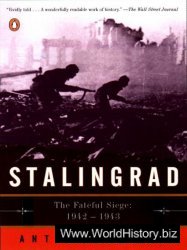On the death of Konstantin Chernenko in 1985, party
leaders selected the talented and vigorous Soviet official
Mikhail Gorbachev to succeed him. The new Soviet
leader had shown early signs of promise. Born into a peasant
family in 1931, Gorbachev combined farmwork with
school and received the Order of the Red Banner for his
agricultural efforts. This award and his good school record
enabled him to study law at the University of Moscow.
After receiving his law degree in 1955, he returned to his
native southern Russia, where he eventually became first
secretary of the Communist Party in the city of Stavropol
and then first secretary of the regional party committee.
In 1978, Gorbachev was made a member of the party’s
Central Committee in Moscow. Two years later, he became
a full member of the ruling Politburo and secretary
of the Central Committee.
During the early 1980s, Gorbachev began to realize
the extent of Soviet problems and the crucial importance
of massive reform to transform the system. During a visit
to Canada in 1983, he discovered to his astonishment
that Canadian farmers worked hard on their own initiative.
“We’ll never have this for fifty years,” he reportedly
remarked.4 On his return to Moscow, he established a series
of committees to evaluate the situation and recommend
measures to improve the system.




 World History
World History









